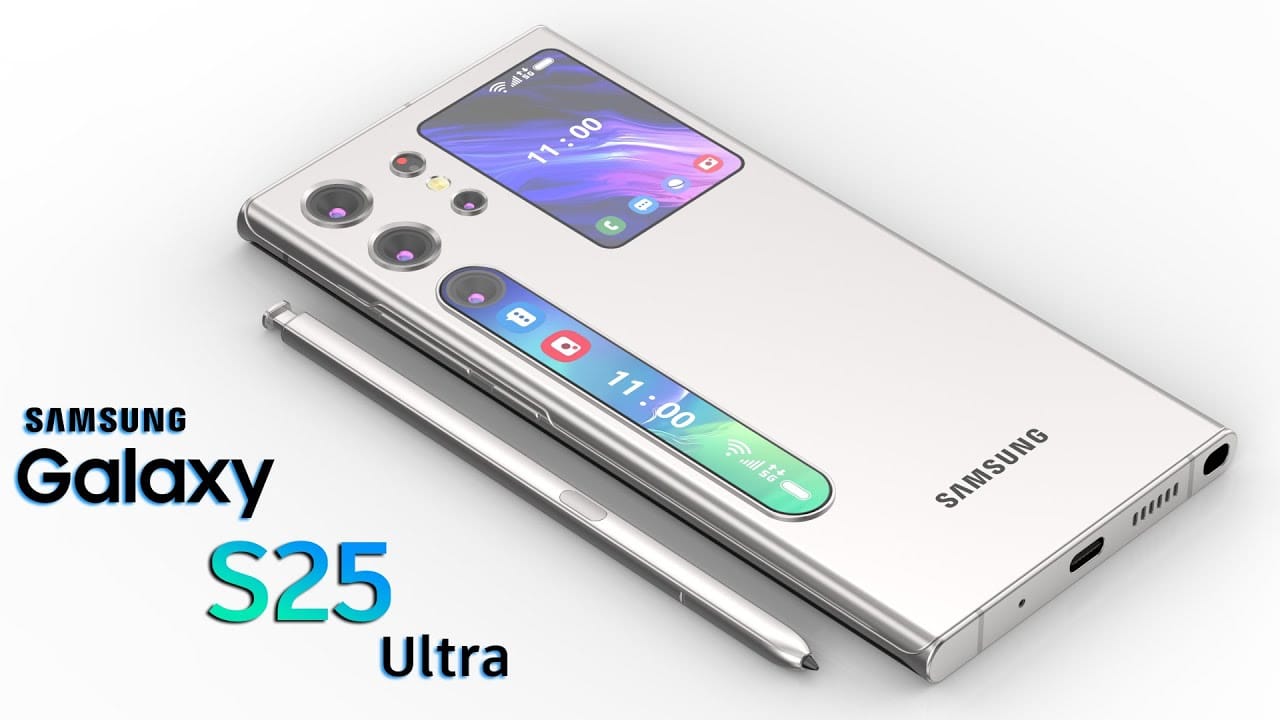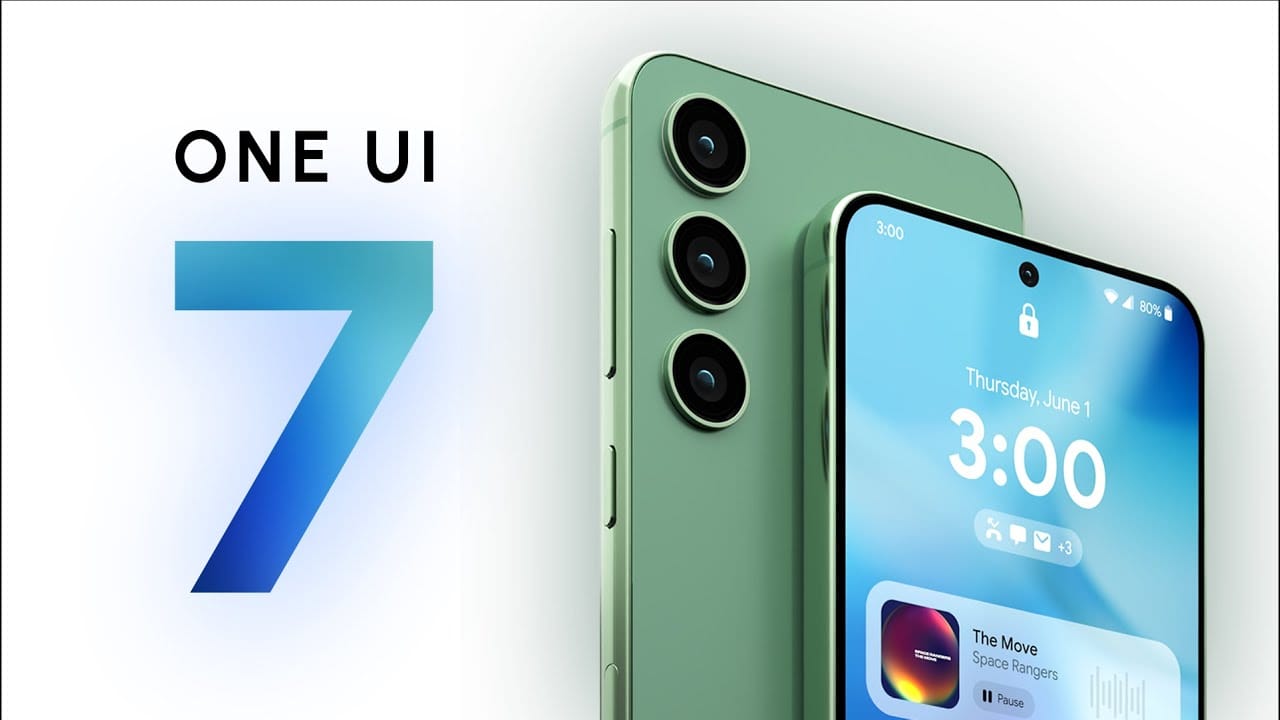The smartwatch market has seen significant evolution over the past decade, with various brands vying for consumer attention and loyalty. Among them, Fossil Group emerged as a key player, launching a range of Wear OS smartwatches that catered to a diverse audience. However, recent developments have led to the announcement that Fossil’s line of Wear OS smartwatches is officially discontinued, signaling a pivotal moment in the brand’s history.
Fossil Group, known for its stylish timepieces and fashion-forward designs, ventured into the smartwatch arena with the aim of combining traditional watch aesthetics with modern technology. The company initially embraced Google’s Wear OS platform, which allowed for a range of features including fitness tracking, notifications, and customizable watch faces. Over the years, Fossil released several models that garnered attention for their design and functionality.
Despite the initial enthusiasm surrounding Fossil’s Wear OS smartwatches, the market landscape has dramatically changed. The wearables industry has become increasingly competitive, with major players like Apple, Samsung, and Fitbit dominating the scene. These brands have consistently introduced innovative features and robust ecosystems, which have attracted a significant portion of the market share. As a result, Fossil’s offerings struggled to maintain relevance amid the rapid technological advancements and shifting consumer preferences.
The decision to discontinue its Wear OS smartwatch line is not merely a reflection of Fossil’s challenges but also indicates a broader trend within the industry. Many consumers have gravitated towards devices that offer seamless integration with their smartphones and a wider range of health and fitness tracking capabilities. Fossil’s smartwatches, while stylish, often fell short in terms of performance and features compared to their competitors.
In a statement regarding the discontinuation, Fossil Group acknowledged the changing dynamics of the smartwatch market. The company emphasized its commitment to innovation and quality in other product lines, suggesting a strategic pivot away from Wear OS devices. This shift aligns with the company’s broader vision of focusing on fashion accessories and traditional watches, which continue to resonate with their customer base.
The discontinuation of Fossil’s Wear OS smartwatches raises questions about the future of the brand in the wearables market. While the company has made significant strides in the fashion watch segment, the absence of smartwatches could limit its appeal to tech-savvy consumers who seek both style and functionality. As the market evolves, Fossil will need to explore new avenues for growth and innovation to remain competitive.
The end of Fossil’s Wear OS smartwatches also highlights the challenges faced by other brands in the wearables space. Many companies have encountered similar difficulties in maintaining a foothold in an industry characterized by rapid change and fierce competition. As consumer demands continue to evolve, brands must adapt their strategies to meet the expectations of a discerning audience.
In conclusion, the discontinuation of Fossil’s Wear OS smartwatches marks the end of an era for the brand and serves as a reminder of the challenges faced by companies in the wearables market. As Fossil Group shifts its focus to other product lines, it will be essential for the company to navigate the changing landscape of consumer preferences and technological advancements. The smartwatch market remains dynamic, and the future will undoubtedly bring new opportunities and challenges for both established brands and newcomers alike.



